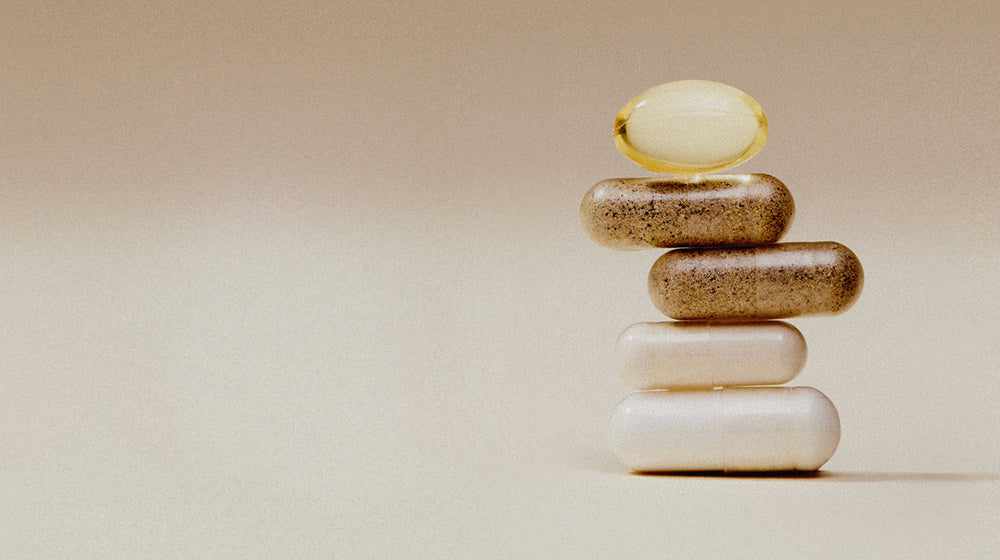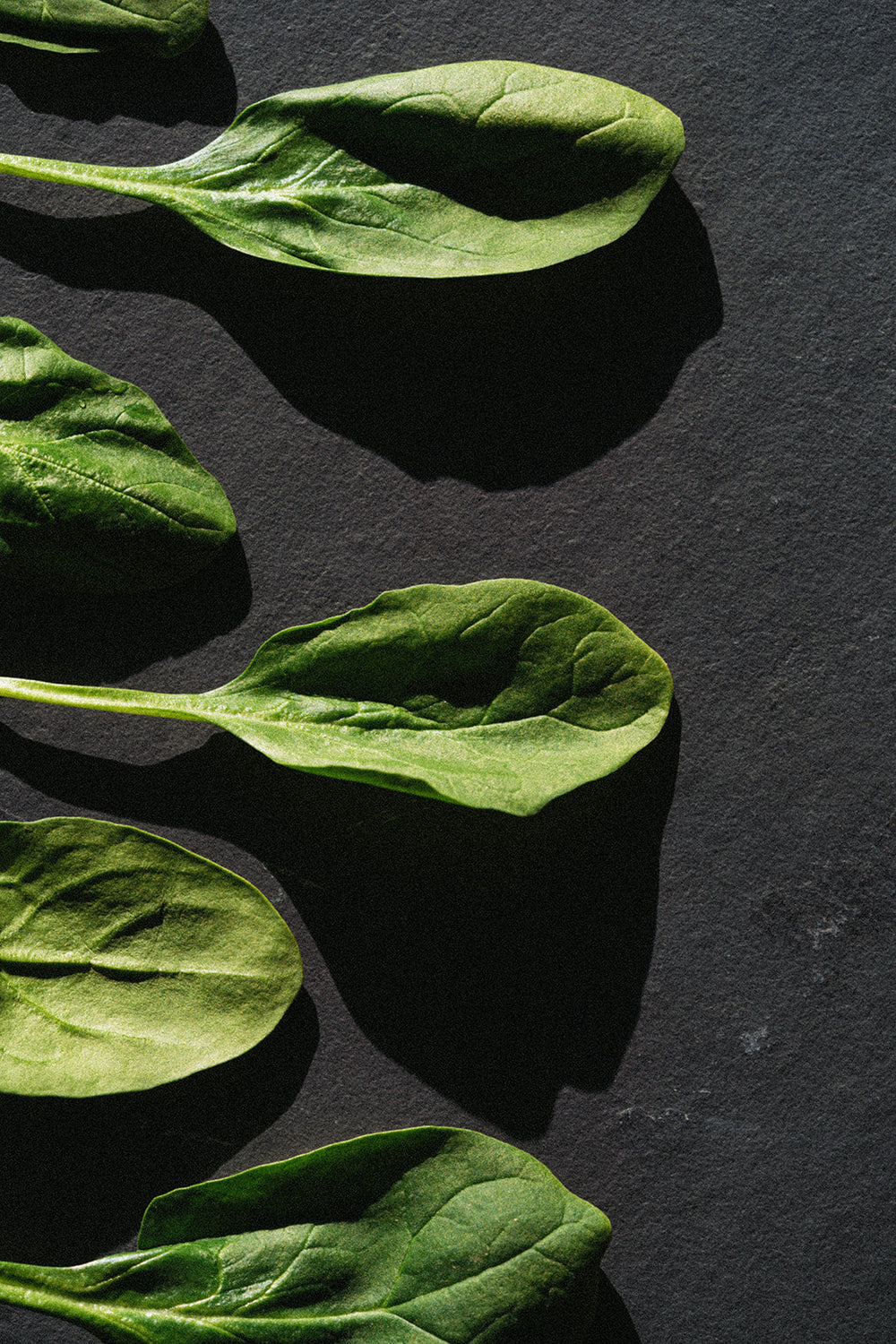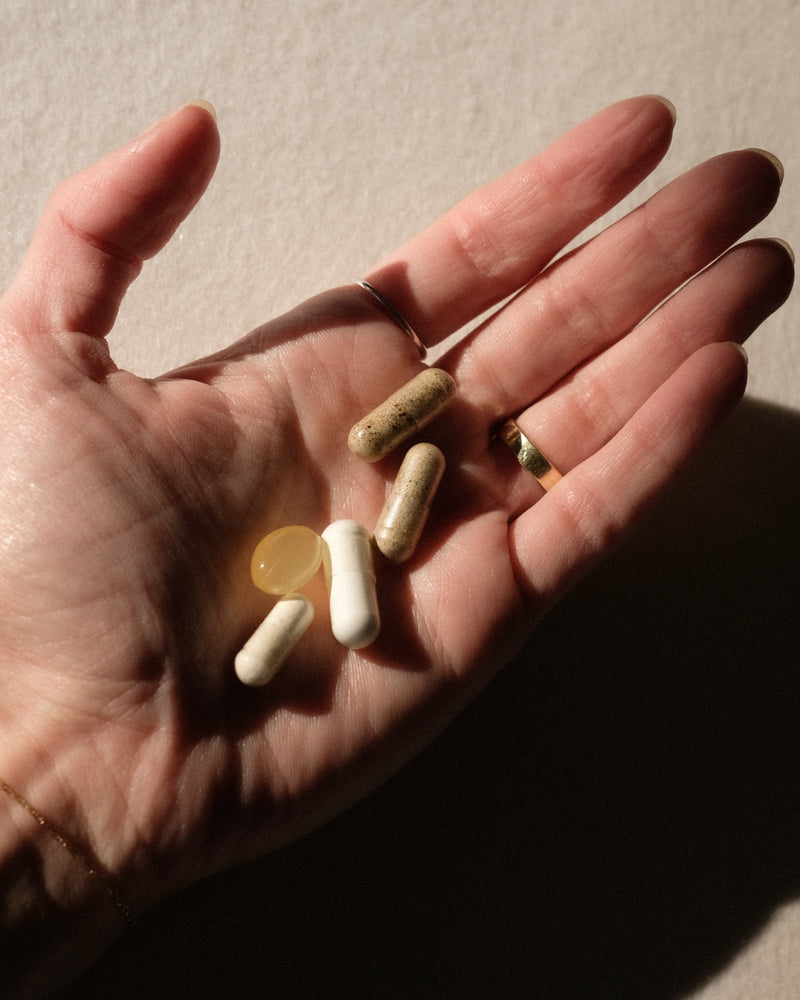Anemia: you’ve heard of it but never given it much thought, right? We get it, but here’s a jarring statistic: it’s estimated that one-third of all women of reproductive age are anemic1. Surprising, maybe, but no need to ring the alarm bells. There are simple ways to identify and rectify iron deficiencies and support your body’s needs, with first and foremost being aware of the symptoms. We checked in with Perelel Medical Co-Founder, Dr. Banafsheh Bayati, MD, OB/GYN, FACOG to get the low down on all things anemia.
How common is an iron deficiency?
“Iron deficiency is more common in women than men due to menstruation. Though any blood loss can be a cause for iron deficiency anemia, such as with ulcers or colon polyps or cancer, the most common cause of chronic blood loss is from menstruation. Thus, women with heavy cycles may become iron deficient over time," says Dr. Bayati.
A lack of iron in one’s diet may also be a cause of iron deficiency, says Dr. Bayati. Iron-rich foods include meat, eggs, leafy green vegetables, legumes and deep, rich-colored fruits and vegetables, like beets and pomegranates. It's also important to note that iron deficiency can occur from the inability to absorb iron from the small intestine. "This can occur classically with celiac disease and those who may have had surgical bypass surgery for weight issues," says Dr. Bayati.
But the most common cause of iron deficiency anemia occurs in pregnancy. Why? It's two-fold: A woman’s blood volume is increasing significantly, while a woman’s iron also serves as the source of hemoglobin for the growing fetus,” Dr. Bayati says.
$24.95
$44.95
$39.95
Shop the Article:

Daily Iron Ease
/ Month
Shop Now

Synbiotic Greens Powder
/ Month
Shop Now

Women’s Daily Vitamin Trio
/ Month
Shop Now
What are the signs of anemia?
Put simply, the signs of anemia are far more subtle than you might think. “It’s important to note that iron deficiency can start with mild symptoms that may not be noticed. But if prolonged or acute, it can cause symptoms such as fatigue and weakness, hair loss and brittle nails, heart palpitations, headaches or dizziness, cold insensitivity, as well as unusual cravings for substances such as ice or dirt," says Dr. Bayati. "If iron deficiency is left untreated it can lead to heart problems including an enlarged heart or heart failure. In pregnancy, it can lead to issues with fetal weight and has been linked to premature labor."
Do you recommend women get their iron levels tested?
Women who are pregnant are tested at the beginning of pregnancy as well as at the start of their third trimester to evaluate for all types of anemia, most commonly iron deficient anemia.
“Women who are not pregnant should test for anemia regularly, often done at an annual preventative health visit, and certainly if with symptoms or with heavy menstrual cycles,” Dr. Bayati suggests.
What are the benefits of adding iron to your diet? What role does it play in our bodily functions?
Dr. Bayati notes that the majority of iron in the body is used to form hemoglobin, a protein in our red blood cells that binds oxygen and distributes that oxygen to all of our cells in order for them to function. Thus a diet rich in iron is important for life.
Why is it important to pair iron with vitamin C?
“Iron supplements and even iron-rich foods can be constipating for many women. Thus it’s best to pair vitamin C with iron in order to absorb the iron before it reaches the lower bowels and causes constipation. Vitamin C will allow for lower levels of iron in supplements which will decrease side effects from iron supplementation,” Dr. Bayati explains. With this wisdom in mind, here at Perelel, our Ferrochel™ ferrous chelated format of iron allows for optimal absorption and limited constipating side effects.*
What is the link between iron levels and B12 levels?
“Low B12 levels is another cause of anemia. Iron deficiency can affect metabolic pathways that include vitamin B12 and folate. Thus it is important to know that they are interconnected,” Dr. Bayati says.
What are some ways that women can boost their iron intake?
So clearly iron is important, but how do we best meet our bodies’ needs? The answer is twofold. First, “pregnant women are recommended to take prenatal vitamins with iron as a supplement to prevent iron deficiency in pregnancy. Those with heavy cycles or with symptoms of anemia are often tested and if iron deficient are also placed on supplemental iron,” Dr. Bayati says.
Secondly, “It’s often best to also address diet issues and consider diet changes with supplementation.”
Sign up to receive doctor-backed, stage-specific content in your inbox each week.
theFolio in Your Inbox
What health and wellness would you like our experts to tackle next? Nothing’s off the table and no question is too basic or specific. Tell us on social or by dropping us an email. Plus, boost your iron intake with Daily Iron Ease complete with vitamin B12, added magnesium and vitamin C.
This article is for informational purposes only. It is not, nor is it intended to be, a substitute for professional medical advice, diagnosis, or treatment and we recommend that you always consult with your healthcare provider. To the extent that this article features the advice of physicians or medical practitioners, the views expressed are the views of the cited expert and do not necessarily represent the views of Perelel.





















